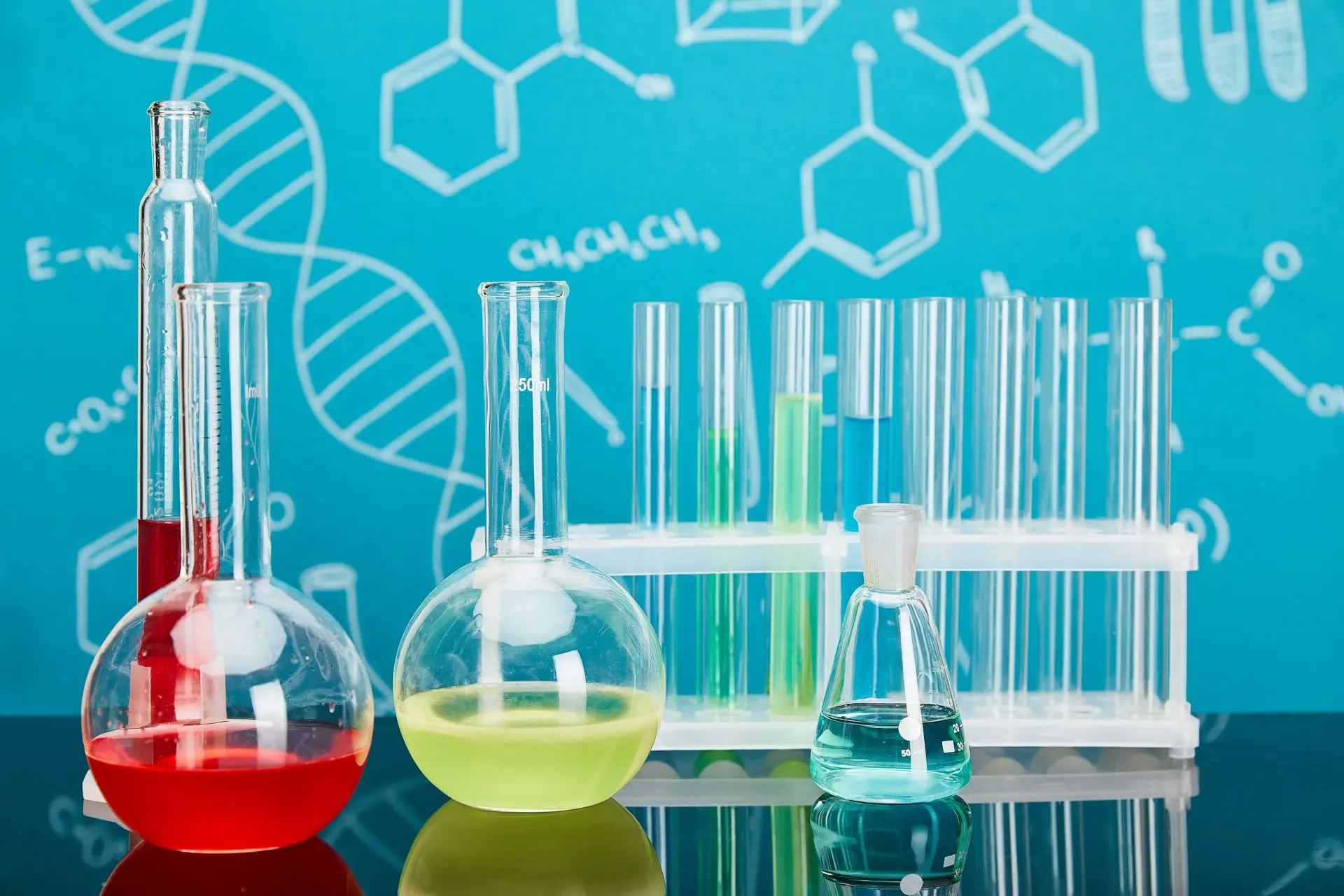From genes to function, human proteins play a central role in nearly every biological process in the body :
Genes act as blueprints, but it is proteins encoded by these genes that actually carry out the essential work within cells. Through a process called transcription and translation, the DNA sequence of a gene is first copied into messenger RNA (mRNA) and then translated into a specific protein. These proteins can serve a wide variety of functions: structural proteins like collagen provide support to tissues, enzymes speed up chemical reactions, hormones such as insulin regulate metabolism, and antibodies defend the body against infections. Each protein’s function depends on its precise three-dimensional structure, which is determined by the sequence of amino acids encoded in the gene. When a gene is mutated or misregulated, the resulting protein may be dysfunctional or absent, leading to disease. For example, in cystic fibrosis, a mutation in the CFTR gene causes the protein to misfold, resulting in thick mucus build-up in the lungs. Understanding how proteins function, interact, and respond to signals is critical for diagnosing diseases, designing drugs, and developing new therapies in modern medicine. Ultimately, proteins are the molecular machines that turn genetic information into life itself.

.
